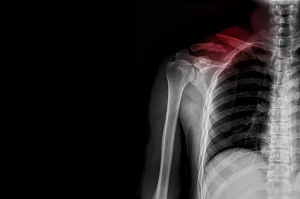Social media can be a powerful motivating tool. But if your goal is to get to the gym more often, competition beats friendly support on social networking sites, a new study contends.
“Supportive groups can backfire because they draw attention to members who are less active, which can create a downward spiral of participation,” said senior study author Damon Centola, of the University of Pennsylvania in Philadelphia.
Competitive groups, on the other hand, “frame relationships in terms of goal-setting by the most active members. These relationships help to motivate exercise because they give people higher expectations for their own levels of performance,” he said.
Centola and his colleagues tracked 800 students who signed up for an 11-week exercise program that included activities such as running, spinning, yoga and weight-lifting. At the end of the program, those who attended the most exercise classes won prizes.
Participants were divided into four groups: individual competition, team support and team competition through social media, or a “control group” that had no social media competition or support.
Attendance rates in the individual and team competition groups were 90 percent higher than in the control group, the study found.
But to the researchers’ surprise, students in the team support group had a lower average attendance rate than even those in the control group.
“Most people think that when it comes to social media, more is better,” said Centola, an associate professor in the School for Communication and School of Engineering and Applied Sciences.
“This study shows that isn’t true: When social media is used the wrong way, adding social support to an online health program can backfire and make people less likely to choose healthy behaviors,” he said in a university news release.
“However, when done right, we found that social media can increase people’s fitness dramatically,” he added.
The positive impact of social competition could extend beyond exercise — to healthy behaviors such as taking medications, quitting smoking and weight loss as well as areas such as voting and recycling, the researchers said.
“Social media is a powerful tool because it can give people new kinds of social influences right in their own home,” Centola said. “Lifestyle changes are hard to make, but if you can give people the right kinds of social tools to help them do it, there’s a lot of good that can be done at relatively little cost.”
The study was published recently in the journal Preventive Medicine Reports.
More information
The U.S. National Heart, Lung, and Blood Institute offers a guide to physical activity.
Source: HealthDay
Copyright © 2025 HealthDay. All rights reserved.

















